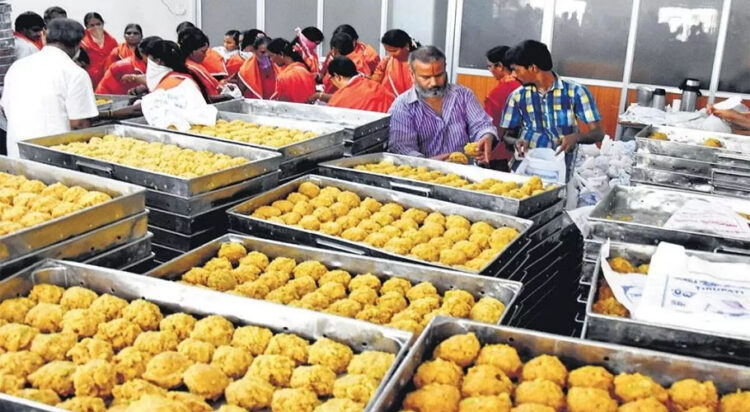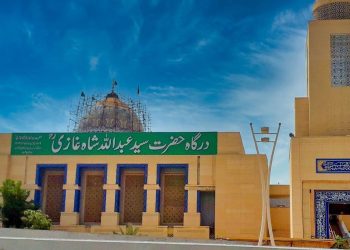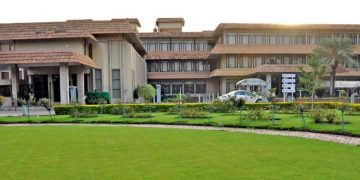The laddu controversy in India started last week after the statement of Andhra Pradesh Chief Minister N Chandrababu against the laddu being distributed to devotees at the famous Tirupati temple in the state.
Laddu is a popular sweet in India and other neighboring countries including Pakistan.
In this statement, the CM claimed that lab reports had shown that laddus offered to the deity and then distributed to devotees every day at the temple were contaminated with animal and vegetable fat.
Chandrababu said that the ghee used in the sweets was adulterated with beef tallow, fish oil, and other impurities.
Since this statement, the issue has dominated headlines, caused a major political row, and prompted other temples to test their sweets for “purity”. It should be noted that in Hinduism, eating beef is a sin.
The Tirupati temple in Andhra Pradesh is one of Hinduism’s most sacred shrines. Dedicated to the Hindu god Sri Venkateswara – popularly known as Balaji – the temple owns assets worth tens of billions of dollars and attracts nearly 24 million devotees from India and abroad every year.
The famous Tirupati laddus – made with gram flour, sugar, cashews, raisins, and cardamom and cooked in “pure cow ghee” – are prized by devotees who consider them god’s blessing and carry them back home to share with family and friends.
As per BBC, more than 350,000 laddus are prepared daily in the temple’s kitchen.
The contamination of laddus is being seen as a result of state control of the temple. The Vishva Hindu Parishad on Tuesday vowed to free temples from government control across the country and said it will soon launch a nationwide campaign to achieve this goal.

































